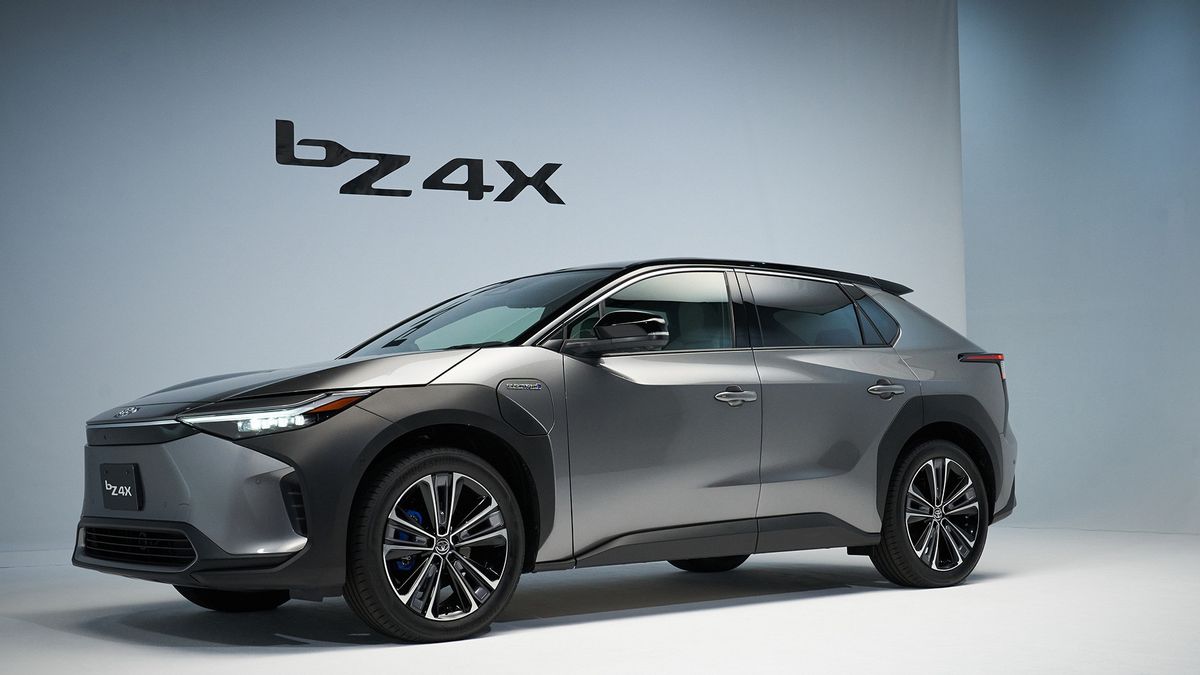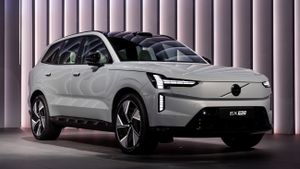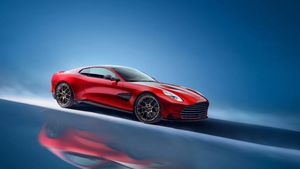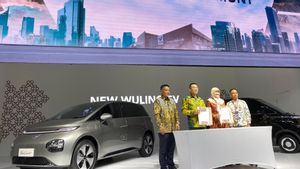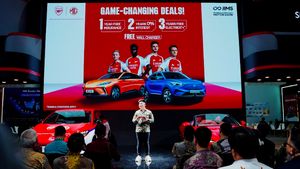The shocking news came from Toyota, the Japanese auto giant has just cut their electric car (EV) production target by 2026 by a third.
This backward step is quite surprising where Toyota itself is considered too late to switch to electrification and some time ago decided to focus more on electrification models and even unmitigated electric models will use all solid-state batteries which are claimed to be able to change the automotive world landscape.
According to a Nikkei Asia report, quoted by Reuters on Saturday, September 7, Toyota initially had the ambition to produce 1.5 million electric cars by 2026. However, this figure is now revised to only 1 million units. This production target adjustment indicates a global slowdown in the sales momentum of electric cars.
Although the production target is reduced, Toyota in its official statement confirmed that their commitment to the development of electric cars has not changed. The company is still launching a production target of 1.5 million EV units per year in 2026 and 3.5 million units by 2030. However, they emphasize that these figures are not binding sales targets, but rather serve as benchmarks for shareholders.
Produced 1 million units of electric cars per year is actually a big challenge for Toyota. The reason is, so far they have focused more on developing hybrid cars. Throughout the past year, Toyota has only managed to sell around 104,000 units of electric cars, meaning that EV contributions to their global sales are still around 1 percent.
SEE ALSO:
Toyota's decision is not the first in the automotive industry. Previously, Swedish automaker Volvo Cars also canceled its target of fully switching to electric cars by 2030. The reason, they expect to still offer some hybrid models in their product lineup at the time.
Not only in Asia and Europe, similar trends also occur in the United States. Several well-known car manufacturers such as Ford and General Motors were forced to postpone or even cancel the launch of their latest electric car model. This step was taken to avoid massive spending on vehicles that have not received enthusiastic responses from consumers as previously anticipated.
The slowdown in the sales momentum of electric cars is an important signal for the automotive industry. Car manufacturers now need to rethink their strategy in dealing with dynamic markets and are not yet fully ready to switch to electric vehicles. Will this trend be temporary or will it become a new direction indicator for the future car industry? We'll just have to wait for further developments.
The English, Chinese, Japanese, Arabic, and French versions are automatically generated by the AI. So there may still be inaccuracies in translating, please always see Indonesian as our main language. (system supported by DigitalSiber.id)
